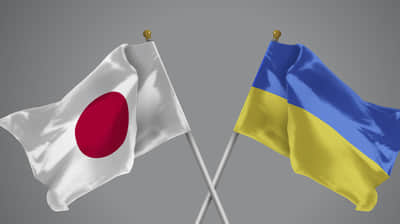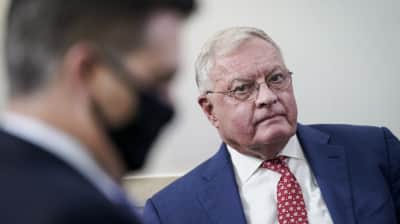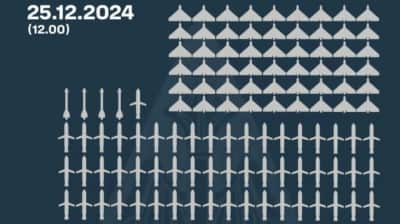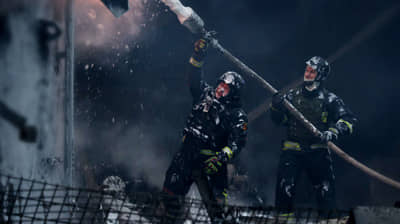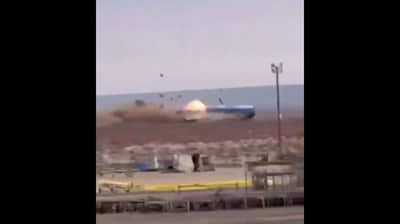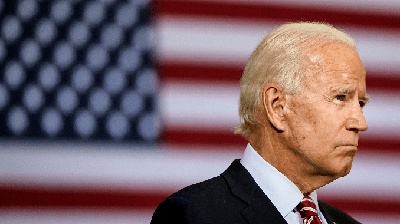Russian scientists involved in war effort double-dipping in Western academic circles – Trap Aggressor
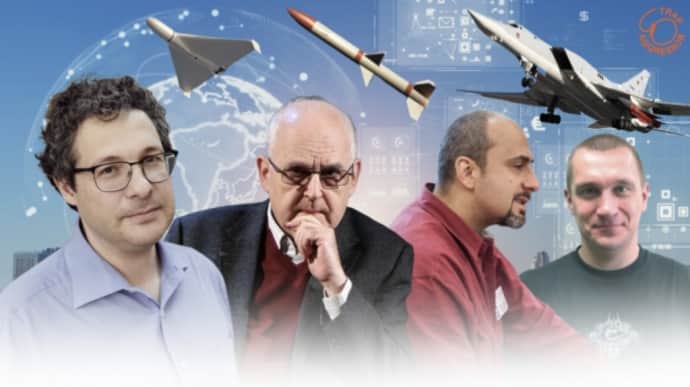
Russian scientists involved in the development of technologies for the Russian defence industry still receive funding from Ukraine's partner countries and are welcome guests at international conferences.
Source: Trap Aggressor project of the StateWatch think tank
Details: Representatives of Russian scientific institutions take part in international scientific conferences, research, and publishing. According to publicly available data, such events and journals, in which Russian scientists are involved, are funded by the US National Science Foundation.
In particular, the website of MDPI (one of the largest publishers of scientific articles in the world, which also publishes Russian researchers) lists the aforementioned foundation as one of their donors.
"Besides, it is also sponsored by a number of popular international institutions, among them the Natural Sciences and Engineering Research Council of Canada (NSERC), European Research Council (ERC), British National Institute for Health and Care Research (NIHR) and other institutions," the article says.
Trap Aggressor has identified Russian institutions whose employees continue to advance in the field of science in one way or another thanks to the US National Science Foundation.
In particular, the Moscow Institute of Physics and Technology (MIPT) works closely with the Russian military-industrial complex. It was MIPT that developed drone systems for the Russian military, which resulted in an award from the Russian Ministry of Defence.
The institute also has a laboratory that supports the Russian military and space sector.
MIPT is part of the network of Russian institutions that train specialists for the Russian military-industrial complex and collaborate on research projects with the Russian Defence Research Organisation. It is already under sanctions from Ukraine, the EU, the UK, the US, Canada, Switzerland, Japan, and New Zealand.
"It was this institute where a young and active scientist Nikita Kosogorov previously worked. In the summer of 2022 (during the full-scale invasion), this man defended his dissertation and started working at the California Institute of Technology (CalTech) as a postgraduate student.
Today, during Russia’s full-scale invasion of Ukraine, Nikita takes part in international scientific research in the field of physics, relating to black holes. This has been financed with large amounts of money – 9 and 14 million [US dollars] respectively," the article says.
The investigators also drew attention to the Landau Institute for Theoretical Physics of the Russian Academy of Sciences. Researcher Alexander Korotkevich, a professor at the University of New Mexico, continues to work there.
The scientist’s works are still being published in the preeminent journals of the United States, and he is part of a research study on Stokes waves funded to the tune of US$23 million.
The Landau Institute itself conducts research in several fields including quantum computing, a technology with both civilian and military applications. It is subject to sanctions imposed by Ukraine, the United States, and Canada.
Anton Andreev, a professor at the University of Washington, member of the Skolkovo Institute of Science and Technology (Skoltech) and researcher at the very same Landau Institute for Theoretical Physics, also receives US funding for his research.
He participated in two research studies on the Josephson Effect funded by a US$16 million grant, Trap Aggressor adds.
Analysts also singled out the Prokhorov General Physics Institute of the Russian Academy of Sciences. It is on the blacklist of organisations sanctioned by the US due to their support of the Russian defence sector.
Anatolii Zvezdin, a researcher at the Prokhorov Institute, took part in a research study on magneto-optics funded by a US$485,000 grant.
The Trap Aggressor project sent a letter to the US National Science Foundation inquiring why the global scientific community still invites Russian researchers to cooperate, but received no response.
Support UP or become our patron!
